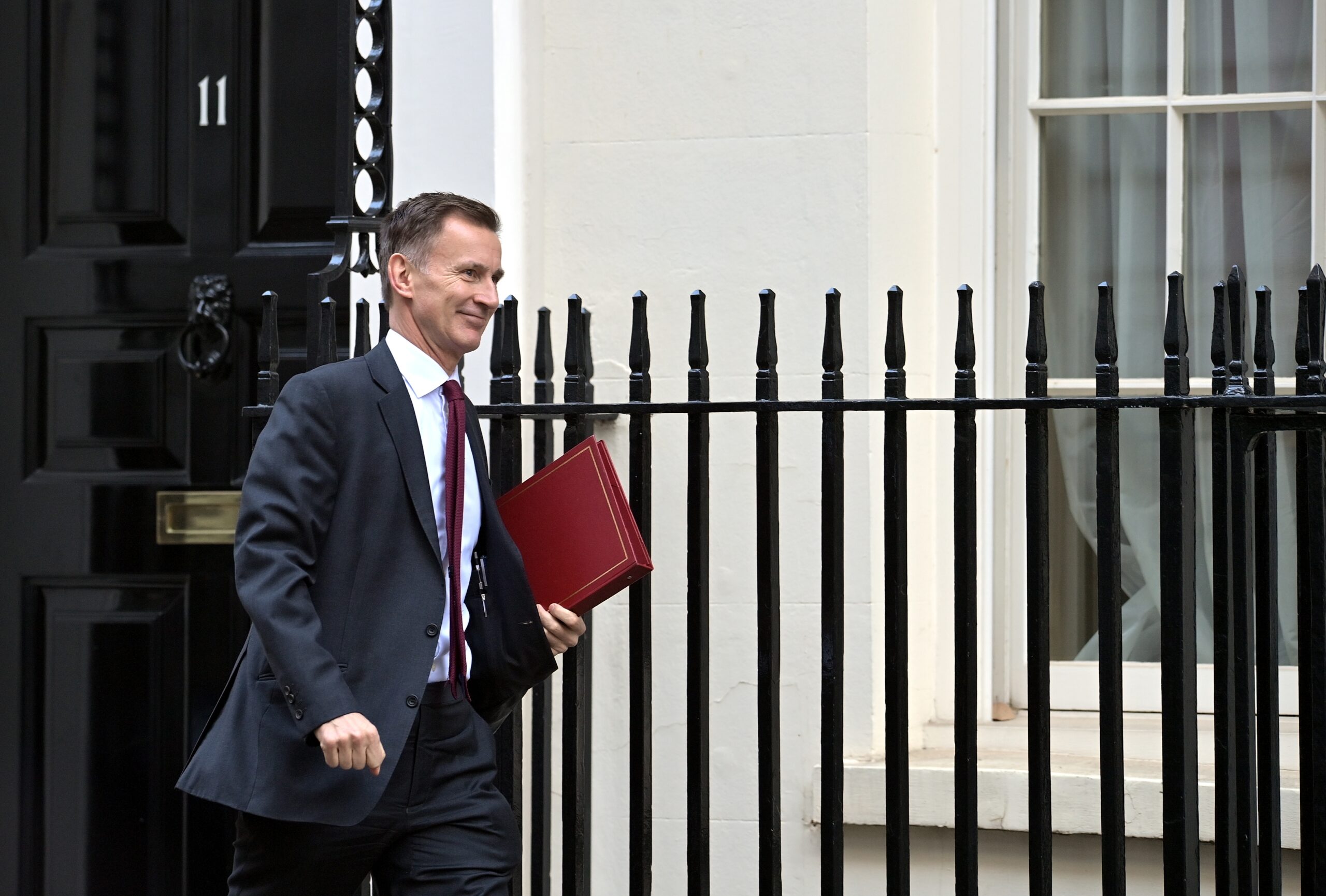Economy
Tax breaks, benefits cuts and housing help: All the Autumn Statement 2023 rumours so far

The Autumn Statement, the event where the Chancellor outlines his fiscal plan, has been confirmed to take place on 22 November.
Following on from the Budget in March, the Autumn Statement is the second time in the year when the Government outlines its plans for the UK economy. It does this after analysing the latest forecasts from the Office for Budget Responsibility (OBR).
This year the Autumn Statement takes place amid a cost-of-living crisis and in a period which has seen sustained high inflation over the last year. Millions of borrowers have also been hit with higher mortgage costs, following successive rises to the base rate by the Bank of England.
It also comes ahead of a general election next year and therefore whatever is announced by Chancellor of the Exchequer, Jeremy Hunt, it is likely to have a big impact on household finances.
Here’s what has been rumoured for the upcoming statement.
Inflation halved?
Inflation has been steadily falling over the last few months but it still remains at 6.8%, well above the Government’s target of 2%.
In January this year, when inflation was at 10.1%, the Prime Minister said he would half inflation by the end of the year.
It’s now predicted to fall to 4.6% by the end of the year by financial experts and it’s likely to be a key factor in the Autumn Statement.
Tax cuts?
There is pressure on the Government to make tax cuts, after it decided to freeze income tax thresholds for six years.
The freeze has seen the personal allowance remain at £12,570 and the higher-rate tax threshold at £50,270. The additional rate of tax, set at 45%, was also reduced from £150,000 to £125,140.
However, the Chancellor has said that the Treasury is “unlikely” to make any tax cuts at the upcoming statement because there was not enough money to do so, according to a report by Bloomberg TV.
Speaking to Bloomberg, Hunt said inflation has been “stickier and debt interest payments higher” this year and that the priority for the statement would be to bring down inflation.
The Chancellor also now has a bill of £2bn due to extra spending on the state pension, under the triple lock which states that it can’t grow at a slower rate than either wages or inflation.
However, on the other hand, Tom Selby, head of retirement policy at AJ Bell, noted that the Autumn Statement could be a chance for Hunt to push the Conservatives’ low tax agenda.
He said: “The Autumn Statement could present an opportunity for the Tories to re-establish their credentials as a low tax political party, either by setting out an intention to reduce tax rates or ending the deep-freeze on various tax thresholds, including income tax, which has dragged millions of people into higher tax bra
A cut to benefits?
Another rumour circulating from Bloomberg is that the Chancellor will make a real-terms cut to benefits. If this were to happen it could mean benefits would not rise in line with inflation, as they usually do. However, in a period of deep economic uncertainty where millions of people are struggling with their finances, this would be a deeply unpopular move.
It comes as almost eight million people had to borrow money to pay their energy bills this year, record numbers are using food banks, and nearly five million people will spend a third of their income on housing by 2030.
Housing help?
Meanwhile, it’s possible that housing help, particularly for first-time buyers, could be on the agenda, to alleviate the strain on the UK’s homemovers and buyers.
AJ Bell’s Selby said: “Housing remains one of the biggest issues facing millions of younger people, so further help to those struggling to afford to buy their own home will likely also be a priority.”
ISA simplification?
Selby also noted that ISA reform could be part of the Autumn Statement package.
He said: “When it comes to wider pensions and savings policy, ISA simplification is on the agenda, with research conducted by AJ Bell pointing to potentially damaging confusion over how the different ISA types work.
“AJ Bell has called for the key features of the existing ISA landscape to be combined in a single ISA product, which should make it easier for millions of savers to make better decisions about their financial future. Such simplification would benefit savers and could be done at little cost to the Exchequer.”